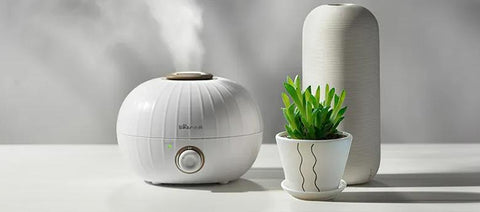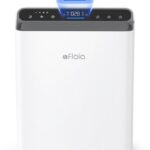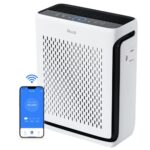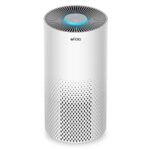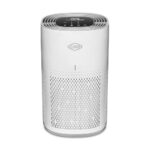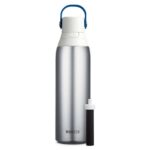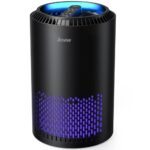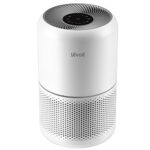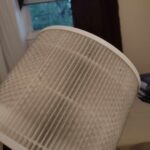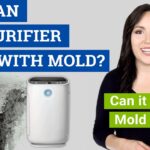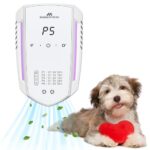Allergies can make life uncomfortable. Finding relief is crucial.
Humidifiers and air purifiers are popular choices. But which is better for allergies? Understanding the roles of both devices helps in making an informed decision. Humidifiers add moisture to the air, which can ease dry skin and throat discomfort. Air purifiers, on the other hand, filter out allergens like dust, pollen, and pet dander.
Both have their benefits, but the best choice depends on your specific allergy triggers. This blog will explore how each device works, their benefits, and which might be more suitable for your allergy needs. Keep reading to find out which can offer you the most relief.
Introduction To Allergies
Allergies occur when the immune system reacts to foreign substances. These substances are called allergens. Common allergens include pollen, pet dander, and dust mites. Allergies can make you feel miserable.
Common Causes
Many things can cause allergies. Pollen from trees and flowers is a major cause. Dust mites living in your home can also trigger allergies. Pet dander from cats and dogs can cause issues too. Mold spores in damp areas can be a problem.
Symptoms
Allergy symptoms vary. Common symptoms include sneezing and a runny nose. Itchy eyes and throat are also common. Some people may have skin rashes. Others might have trouble breathing. Symptoms can range from mild to severe.
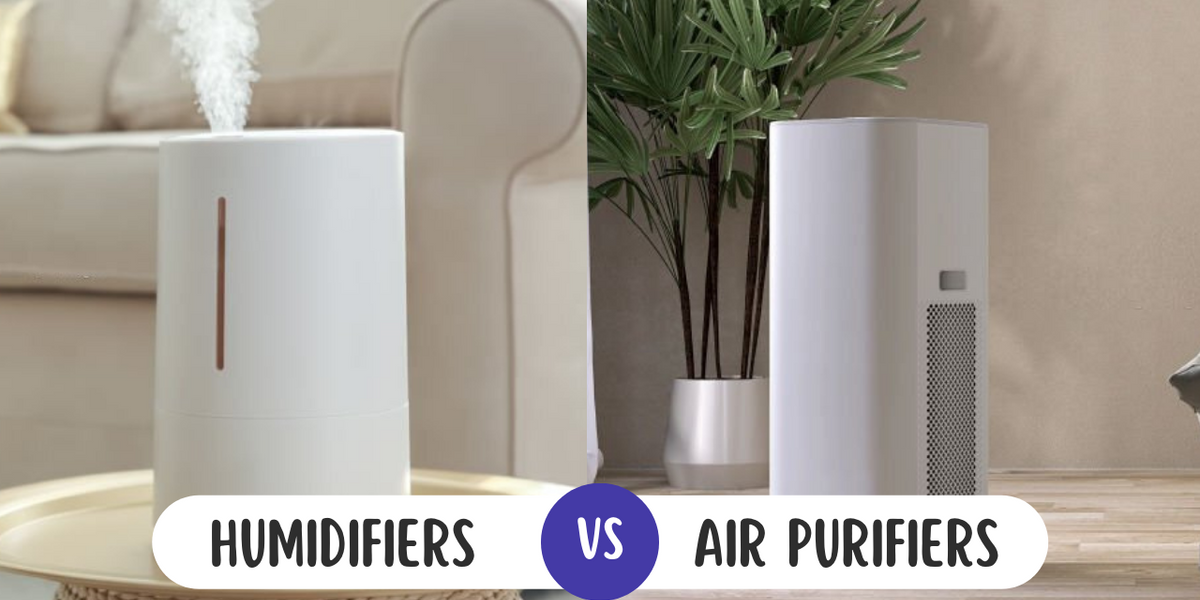
Credit: www.wellnessjunction.com
Role Of Air Quality In Allergies
Indoor air pollutants can make allergies worse. Dust mites live in carpets and bedding. Pet dander floats in the air and sticks to surfaces. Mold grows in damp areas like bathrooms. All these can cause sneezing, coughing, and itchy eyes. Cooking fumes and tobacco smoke also add to the problem. Using an air purifier can help remove these pollutants. It traps dust, dander, and smoke particles. This makes the air cleaner to breathe.
Outdoor air pollutants also affect allergies. Pollen from trees, grasses, and weeds float in the air. Car exhaust and industrial smoke fill the air with harmful gases. These can cause breathing problems and allergic reactions. Staying indoors with windows closed can help reduce exposure. Air purifiers can also filter out some of these outdoor pollutants. This helps in creating a safer indoor environment.
How Humidifiers Work
Humidifiers add moisture to the air. This helps to relieve dryness. They can soothe dry skin and irritated sinuses. Moist air feels warmer and more comfortable. Dry air can make allergies worse. Humidifiers can help with this.
There are different types of humidifiers. Each has unique features. Cool mist humidifiers release a cool vapor. Warm mist humidifiers release warm steam. Ultrasonic humidifiers use vibrations to create a mist. Evaporative humidifiers use a fan to evaporate water.

Credit: www.wellnessjunction.com
How Air Purifiers Work
Air purifiers clean the air. They remove dust, pollen, and pet dander. These devices use filters. Common types include HEPA filters. Some use UV light to kill germs. Others use activated carbon to absorb odors. They help people with allergies breathe easier. Turn them on and let them run.
| Type | Function |
|---|---|
| HEPA | Removes small particles |
| Activated Carbon | Absorbs odors and gases |
| UV Light | Kills bacteria and viruses |
| Ionic | Attracts particles using ions |
Benefits Of Humidifiers For Allergies
Humidifiers help ease allergy symptoms by adding moisture to the air. This reduces dryness and irritation in the nose and throat.
Moisture And Mucous Membranes
Humidifiers add moisture to the air. This moisture helps keep mucous membranes in the nose and throat moist. Moist membranes can trap allergens better. Dry air can make allergies worse. With a humidifier, breathing feels easier.
Reduction Of Irritants
Humidifiers can reduce irritants in the air. Moist air makes dust and pollen less likely to float around. This helps reduce allergy symptoms. It also makes the air feel more comfortable. A humidifier can make a big difference in allergy relief.
Benefits Of Air Purifiers For Allergies
Air purifiers help to remove allergens from the air. Dust, pollen, and pet dander can all be trapped. This helps people with allergies breathe easier. Clean air means fewer allergy symptoms.
Air quality improves with a good air purifier. It filters out harmful particles. This makes the air fresher and healthier. Everyone in the home can benefit. Better air means better health for all.
Comparing Effectiveness
Choosing between a humidifier or an air purifier for allergies depends on the cause. Humidifiers add moisture to the air, easing dry skin and throat. Air purifiers remove allergens like dust and pollen, improving air quality.
Humidifiers Vs. Air Purifiers Situational Uses
Humidifiers add moisture to the air. This can help with dry skin and nasal passages. They are good in dry climates or during winter. Humidifiers do not remove allergens. They can make dust mites and mold grow more.
Air purifiers clean the air. They remove dust, pollen, and smoke. This is good for people with allergies. Air purifiers use filters. Some have HEPA filters. These are very effective. They trap tiny particles.
Humidifiers and air purifiers help in different ways. Humidifiers add moisture but do not clean the air. Air purifiers clean the air but do not add moisture. Choose based on your needs. For dry air, use a humidifier. For allergies, use an air purifier.
Choosing The Right Device
Choosing between a humidifier and an air purifier depends on your allergy triggers. Humidifiers add moisture to the air, helping with dry sinuses. Air purifiers remove allergens like dust and pollen, improving air quality.
Personal Needs And Preferences
Humidifiers add moisture to the air. This can help with dry skin and irritated sinuses. Air purifiers remove particles like dust, pollen, and pet dander. Think about what bothers you more. Dry air or allergens?
Allergies can be tricky. Some people need more than one device. Check if you need both. Humidifiers are good for winter. Air purifiers are useful all year.
You may prefer a humidifier if you have dry air. You may prefer an air purifier if you have pets. Noise level matters too. Some machines are loud. Choose one that fits your space and needs.
Maintenance And Care
Regular cleaning of your humidifier is crucial. Change the water daily to avoid mold. Clean the tank and parts every few days. Use distilled water to reduce mineral deposits. Check the filter and replace it often. Proper care ensures your humidifier works well.
Keep your air purifier clean for better performance. Replace the filter every few months. Clean the pre-filter if it has one. Check the user manual for specific care tips. A well-maintained air purifier helps keep your air clean.

Credit: www.simpurelife.com
Frequently Asked Questions
What Are The Benefits Of A Humidifier For Allergies?
A humidifier adds moisture to the air, which can ease dry skin, throat, and nasal passages. This helps alleviate allergy symptoms.
How Does An Air Purifier Help With Allergies?
An air purifier removes allergens like dust, pollen, and pet dander from the air, providing relief from allergy symptoms.
Can I Use Both A Humidifier And Air Purifier?
Yes, using both can be beneficial. A humidifier adds moisture, while an air purifier cleans the air, offering comprehensive relief.
Which Is Better For Dust Allergies, Humidifier Or Air Purifier?
An air purifier is better for dust allergies. It removes dust particles from the air, reducing allergic reactions effectively.
Conclusion
Choosing between a humidifier and an air purifier depends on your needs. Humidifiers add moisture, easing dry air issues. Air purifiers remove allergens, improving air quality. Both have benefits for allergy sufferers. Assess your symptoms and environment. Consider combining both for optimal results.
Always maintain and clean your devices regularly. This ensures they work efficiently. Make an informed decision for better health and comfort.

